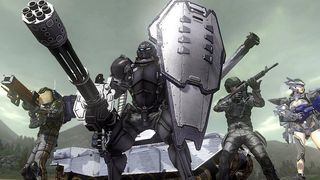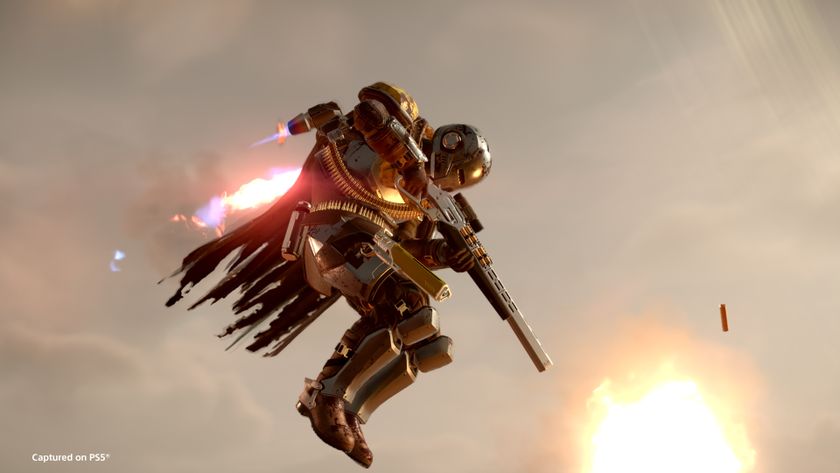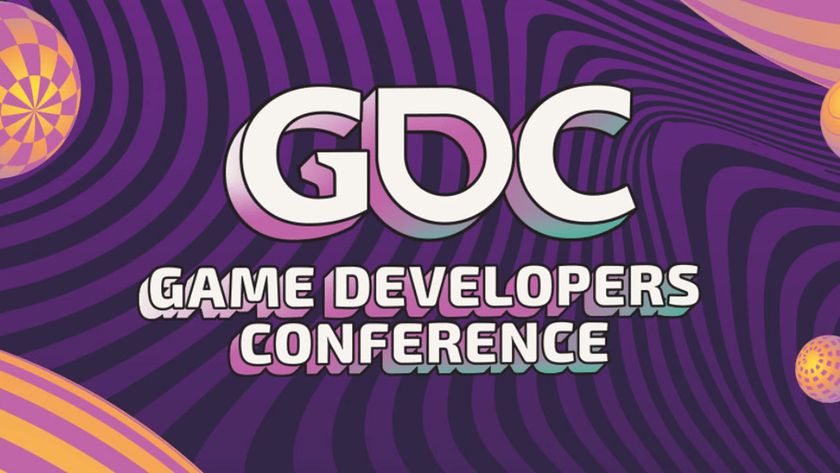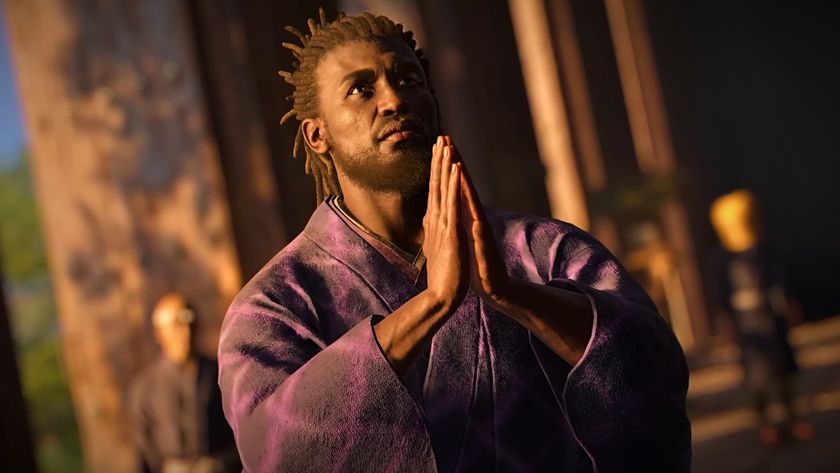The curious joys of the 7/10 video game
Being as I am A Man Who Writes About Games On The Internet, I’m well-versed in the typical reactions readers have to Words Written About Games. And there’s one in particular that I find disappointing. It’s not in the uninformed cries of corruption when a high score is awarded to a game someone has decided not to like, or even in the related pre-release diatribes of a title’s quality long before the public have got to play it. No, what frustrates me most is this ‘9/10 or GTFO’ mentality.
It’s not just that it exacerbates the ridiculous review culture that gaming has developed over the last few years, where the power of the full scoring scale is reduced to a lumpen and desperately misrepresentative four-point system where ratings really start at 7.

Above and beyond that lunacy, I’m frustrated by this thinking because it just plain limits the kind of fun people can have. My reaction at seeing another seven or eight-scoring game disregarded as worthless is not a maddening frustration at this newfound score-snobbery, nor is it an arm-waving fury at the public’s futile attempt to excise the perfectly good, age-old method of counting. Rather, I simply think, “Boy, you guys are missing out”. Then I stare out of a rain-slicked window for a while, and muse reflectively upon the folly of man.
Some of my best friends are 7/10 games. But before I get onto the winsome, quirky charms of those awkward, well-meaning freaks, I’d like to explain why the muscular, slick-hair jocks of gaming shouldn’t comprise your whole social circle. You see, while there are certainly plenty of unique, innovative, high-scoring games in the AAA bracket, the safest hunting ground for Metacritic’s kings of the castle is still upon the well-trodden plains of Olde Franchise Kingdom.
This is an iterative medium we’re talking about here. It’s rarely one of full-blown, overnight revolution. In much the same way that any great novel you read dances atop the well-covered graves of a great many failed and not-quite-there draughts, high-scoring games are frequently the product of years of practice. They’re sequels. They’re reboots and remakes. They’re – less explicitly – reworked, retooled and improved versions of ideas first innovated by other, unrelated games, sometimes years earlier.

Obviously that makes for great, polished games, drawing upon a great deal of source material and experience. But it can also make for tiredness, as ideas get refined a few too many times to be healthy. It can make for homogeneity, as the ‘right’ set of components and treatments gets locked down, and implanted into too many releases in way too short a period of time (*cough*Assassin’s Creed of Persia: A Far Cry to the Watch Dogs*cough*). In extreme cases, it can even lead to the reduction of player agency, as developers become so sure of the experience they want you to have that they leave little room for you to mess around with it and find new angles of enjoyment.
But what of the ideas? What about the games that originate the seeds of all this later, monolithic, blockbuster stuff? Often, before all of the buffing, and the preening, and the cross-pollinating, the true sire of a 9/10 megafranchise happens to be, well, the kind of seven or eight-scoring loser that a lot of gamers wouldn’t poke with a shitty stick. Or rather would, but only to get shit on it, as punishment for not being perfect.
Sign up to the 12DOVE Newsletter
Weekly digests, tales from the communities you love, and more
They’re the trial runs. The ones that have something new to show, but don’t get it entirely right the first time. It doesn’t make them bad – let’s not forget that mathematically, 7/10 is almost three-quarters perfect – it just means that their fun, exciting gifts are wrapped in slightly crappy paper. Like a Christmas present from caring but lazy and slightly tasteless relative. You’d be forgiving of a shoddily wrapped Autobot Cthulhu, so why not a game? And you should be. Obviously not every 7/10 is worth your time, but a certain sub-set of them are delightful.

Of course, there are plenty of unremarkable, bland sevens out there, the joyless products of developers shackled by the bleeding wrists to dread industrial contraptions and production lines, burning their dead colleagues as fuel to pump out yet another annual helping of hot, steaming Spongebob.
And almost more depressingly, there are the fallen AAAs, the faltering, would-be megatons made with too much money and too little inspiration, dressed for a party but utterly, soullessly unable to dance. But there are great ones too. The ‘aspirational sevens’, as I call them. The ones whose ambitions outstretch their resources or their developers’ experience. The ones whose ideas are too mad to work, but who make a damn good go of nearly getting there.
They’re the Asura’s Wraths, and the Tokyo Jungles, and the Enslaveds, and the Earth Defence Forces. The Niers, and the Brutal Legends, and the Mercenaries 2s. They’re the plucky, don’t-give-a-fuck upstarts who romp ahead with their goofy ideas and swirling creative dreams, muddling through on self-belief and spirit, and refusing to be brought down by such mundane, unimaginative ideas as realism, constraints, or marketability.

I don’t know about you, but I’d rather play a thousand scrappy-but-cool games over any slick-but-forgettable, 9/10 ‘masterpiece’. I’d much rather play a game who’s devs have propped up a ‘failing’ idea with vim and vigour than explore a towering but emotionally empty construct built of tried-and-true, off-the-shelf parts, and bolted together according to the industry-standard blueprint.
But if you stick to the games that tickle the top two digits of our laughably inefficient scoring scale, you’ll hardly have any of that fun. And let’s face it, what is a review score anyway? It’s simply a neat way of roughly surmising the subjective words and feelings of the reviewer. Little more than grammar, really. So stop getting so hung up on numbers. Are you so perfect anyway? Of course you’re bloody not. Look at your shoes. They’re a disgrace. But does that make you a bad person? Does it mean that we should stop talking to you? No it does not. So play Deadly Premonition.













